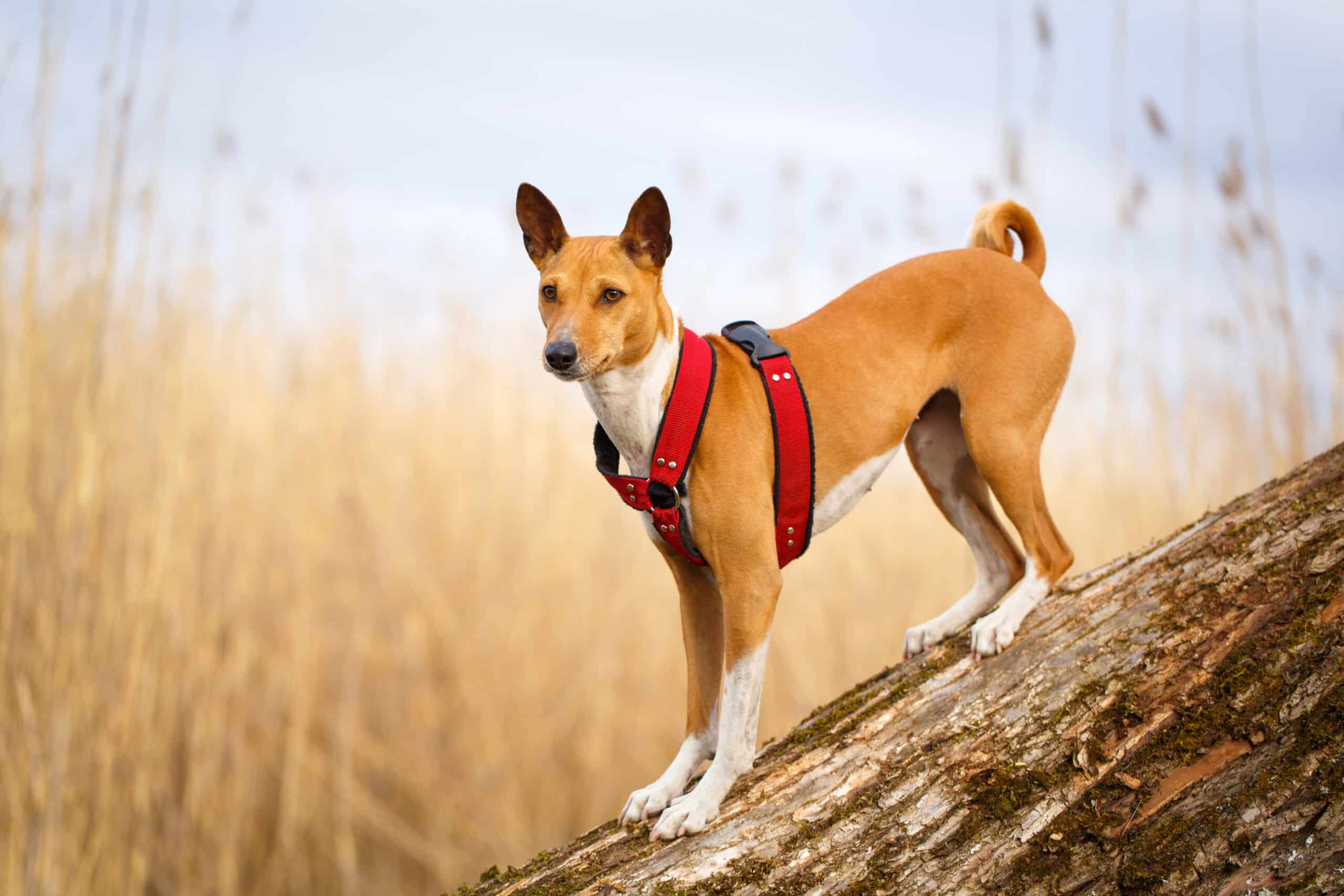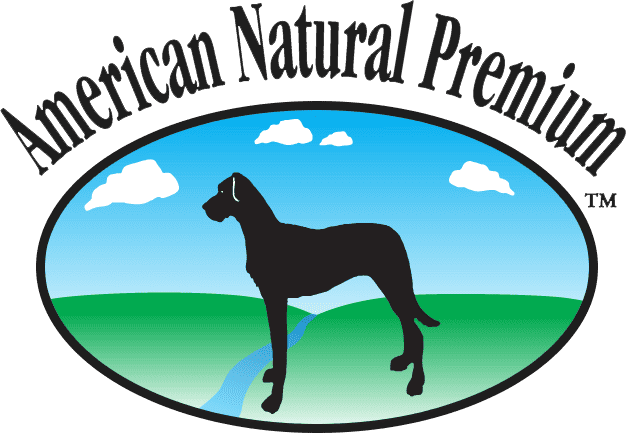Basenji Allergies: A Comprehensive Guide to Managing Sensitivities in the Barkless Dog

The Basenji, Africa’s “barkless dog,” is an ancient breed known for its intelligence, independence, and unique yodel-like vocalizations. While these elegant, cat-like dogs are often touted as being “hypoallergenic” for human allergy sufferers due to their minimal shedding, Basenjis themselves are actually prone to various allergies that can significantly impact their health and comfort. Understanding and managing allergies in Basenjis requires knowledge of their unique characteristics, common triggers, and effective treatment strategies.
Why Basenjis Are Prone to Allergies
Basenjis have several characteristics that make them susceptible to allergies. As one of the most ancient and primitive dog breeds with relatively recent domestication compared to many other breeds, their immune systems may be more reactive to modern environmental factors and commercial dog foods that differ dramatically from their ancestral diets.
Their short, fine coat provides minimal protection against environmental allergens, making their skin more directly exposed to pollens, dust mites, and other irritants. Additionally, the breed’s fastidious, cat-like grooming habits mean they frequently lick their coats, potentially ingesting environmental allergens and exacerbating skin irritation through constant moisture exposure.
Basenjis also have a genetic predisposition to various health issues including autoimmune conditions, which suggests an overall tendency toward immune system hypersensitivity. This genetic background, combined with their primitive nature and sensitive constitutions, creates dogs that are particularly vulnerable to both food and environmental allergies.
Types of Allergies Affecting Basenjis
Food Allergies: Basenjis commonly develop sensitivities to proteins like chicken, beef, and dairy, along with grains such as wheat and corn. Food allergies in this breed typically manifest through skin symptoms rather than primarily digestive issues, though some dogs experience both.
Environmental Allergies (Atopy): Seasonal allergies to pollen, grass, trees, and weeds are common in Basenjis. Many dogs show cyclical patterns of symptoms that worsen during spring and fall when pollen counts are highest.
Contact Allergies: Some Basenjis react to materials that directly touch their skin, including certain fabrics, cleaning products, lawn chemicals, or grooming products.
Flea Allergy Dermatitis: Even minimal flea exposure can trigger severe reactions in sensitive Basenjis, with a single flea bite causing intense, prolonged itching.
Common Allergy Symptoms in Basenjis
Recognizing allergy symptoms in Basenjis is crucial for early intervention:
Skin Manifestations: Persistent itching and scratching, particularly affecting the paws, face, ears, belly, and groin, is the most common sign. Basenjis may scratch so intensely they create raw patches or hot spots. The breed’s short coat makes skin inflammation highly visible, with affected areas appearing red, inflamed, or developing rashes.
Paw Problems: Excessive paw licking and chewing is extremely common in allergic Basenjis. The constant moisture can lead to yeast infections between the toes, causing further irritation and sometimes a distinctive “corn chip” odor.
Ear Issues: Chronic ear infections with redness, discharge, odor, and frequent head shaking often accompany allergies. Basenjis’ erect, triangular ears can develop persistent problems when allergies compromise their immune defenses.
Gastrointestinal Symptoms: While less common than skin issues, some food-allergic Basenjis experience vomiting, diarrhea, excessive gas, or irregular bowel movements.
Respiratory Signs: Sneezing, watery eyes, or nasal discharge may occur, particularly with environmental allergies.
Behavioral Changes: The constant discomfort from allergies can make normally independent, aloof Basenjis become irritable, restless, or attention-seeking. Some dogs lose interest in activities they typically enjoy.
Secondary Infections: Compromised skin from constant scratching creates opportunities for bacterial or yeast infections, causing additional symptoms like pustules, crusting, hair loss, or foul odors.
Diagnosing Basenji Allergies
Proper diagnosis is essential for effective management:
Elimination Diet Trials: For suspected food allergies, the gold standard involves feeding a strict diet with novel proteins (proteins the dog hasn’t eaten before) for 8-12 weeks. During this period, absolutely nothing else can be given – no treats, table scraps, or flavored medications. Given Basenjis’ sometimes picky eating habits, finding an acceptable elimination diet protein may require trying several options.
Allergy Testing: Intradermal skin testing or blood tests can identify environmental allergens, though these are more useful for environmental allergies than food sensitivities.
Veterinary Examination: A thorough veterinary workup rules out other conditions that mimic allergies, such as parasites, fungal infections, or autoimmune diseases to which Basenjis may be predisposed.
Seasonal Pattern Analysis: Tracking when symptoms appear and worsen helps differentiate environmental allergies (seasonal patterns) from food allergies (year-round symptoms).
Nutritional Management for Food Allergies
Diet plays a fundamental role in managing food-related allergies in Basenjis:
Novel Protein Sources: Transitioning to proteins the Basenji hasn’t previously consumed often provides dramatic relief. American Natural Premium’s Lamb Meal & Rice Recipe offers high-quality lamb protein suitable for Basenjis with chicken or beef sensitivities.
Fish-Based Diets: Fish proteins are highly digestible and provide anti-inflammatory omega-3 fatty acids particularly beneficial for skin health. American Natural Premium’s Fish Recipe with Zucchini & Carrots combines these benefits in a formula gentle on sensitive systems.
Duck as an Alternative: For Basenjis requiring truly novel proteins, American Natural Premium’s Duck Recipe with Butternut Squash provides an option many allergic Basenjis tolerate well.
Digestive Support: Limited ingredient diets with probiotics support gut health, which is intimately connected to immune function. American Natural Premium’s Sensitive Care provides comprehensive support for Basenjis with complex sensitivities.
High-Quality Ingredients: Given their primitive nature and sometimes sensitive constitutions, Basenjis often do better on foods with minimal processing, no artificial additives, and easily digestible ingredients.
Managing Environmental Allergies
Reduce Allergen Exposure: During high pollen seasons, limit outdoor time during peak pollen hours (typically early morning and evening). Keep windows closed and use air conditioning with HEPA filters to reduce indoor allergen levels.
Regular Bathing: Bathe allergic Basenjis weekly or bi-weekly with hypoallergenic shampoos to remove environmental allergens from their coat and provide skin relief. Despite their cat-like dislike of water, regular bathing is crucial for managing environmental allergies.
Paw Cleaning: Wipe paws with damp cloths or pet-safe wipes after outdoor activities to remove pollen and prevent it from being licked off or tracked through the house.
Bedding Management: Wash bedding frequently in hot water with hypoallergenic detergent. Consider allergen-barrier covers for dog beds.
Air Quality Improvements: Use HEPA air purifiers in rooms where your Basenji spends the most time. Regular vacuuming with HEPA-equipped vacuums reduces household allergen levels.
Medical Treatment Options
Antihistamines: Over-the-counter antihistamines like Benadryl or prescription options can provide relief for mild to moderate allergies, though effectiveness varies by individual.
Apoquel or Cytopoint: These newer medications specifically target itch pathways and inflammatory responses, providing effective relief with fewer side effects than traditional steroids.
Corticosteroids: Provide rapid relief during severe flare-ups but aren’t appropriate for long-term use due to potential side effects including increased thirst, urination, and appetite.
Immunotherapy: For environmentally allergic Basenjis, allergen-specific immunotherapy (allergy shots or sublingual drops) can provide long-term relief by gradually desensitizing the immune system to specific triggers.
Topical Treatments: Medicated shampoos, sprays, conditioners, and spot treatments can soothe irritated skin and treat secondary infections.
Omega-3 Supplements: Additional fish oil supplementation provides anti-inflammatory benefits, though ensure any supplements don’t contain proteins your Basenji is allergic to.
Special Considerations for Basenji Allergies
Temperature Sensitivity: Originating from Africa, Basenjis are sensitive to cold. Stress from cold exposure can worsen allergy symptoms, so maintain comfortable temperatures year-round.
Picky Eating: Basenjis’ selective nature may complicate finding acceptable allergy-friendly foods. Be prepared to try multiple options to find formulas your dog will consistently eat.
Independent Nature: Their cat-like independence can make managing allergies challenging, as they may resist medications, bathing, or other treatments. Positive reinforcement and patience are essential.
Exercise Needs: Despite their moderate size, Basenjis are athletic dogs requiring substantial mental and physical stimulation. Allergies shouldn’t prevent exercise, but timing and environment may need adjustment during flare-ups.
Grooming Habits: Their fastidious self-grooming means they ingest whatever is on their coat. Environmental allergen management becomes even more important given this behavior.
Preventing Secondary Complications
Allergic Basenjis are prone to secondary infections from compromised skin barriers and constant scratching:
Monitor for Infections: Watch for increased redness, odor, pustules, crusty lesions, or sudden worsening of symptoms indicating bacterial or yeast infections requiring veterinary treatment.
Nail Maintenance: Keep nails trimmed short to minimize skin damage from scratching.
Elizabethan Collars: During severe flare-ups, protective collars may be necessary to prevent self-trauma while treatments take effect.
Skin Barrier Support: Some Basenjis benefit from topical moisturizers or barrier sprays that protect skin while it heals.
Long-Term Management and Prognosis
Basenji allergies typically require lifelong management. While this can be challenging, most allergic Basenjis achieve good symptom control through comprehensive approaches combining appropriate nutrition, environmental management, medical intervention when needed, and consistent monitoring.
Success requires patience during diagnosis, commitment to treatment protocols, and willingness to adjust strategies as needed. Many Basenjis experience seasonal variations in symptoms, requiring intensified management during high-allergen periods and less intervention during low-allergen seasons.
Regular veterinary check-ups help monitor progress, adjust treatments, and catch complications early. Keep detailed records of symptoms, treatments, and environmental factors to identify patterns and optimize management strategies.
While Basenjis can be prone to various allergies, these sensitivities are manageable with proper diagnosis, appropriate treatment, and ongoing care. By identifying triggers, implementing dietary changes when needed, managing environmental exposure, and working closely with veterinarians, allergic Basenjis can return to being the alert, intelligent, independent companions they’re meant to be. The key is understanding that allergy management is a marathon, not a sprint, requiring consistent effort but delivering the reward of a comfortable, healthy dog able to fully enjoy life despite their sensitivities.

